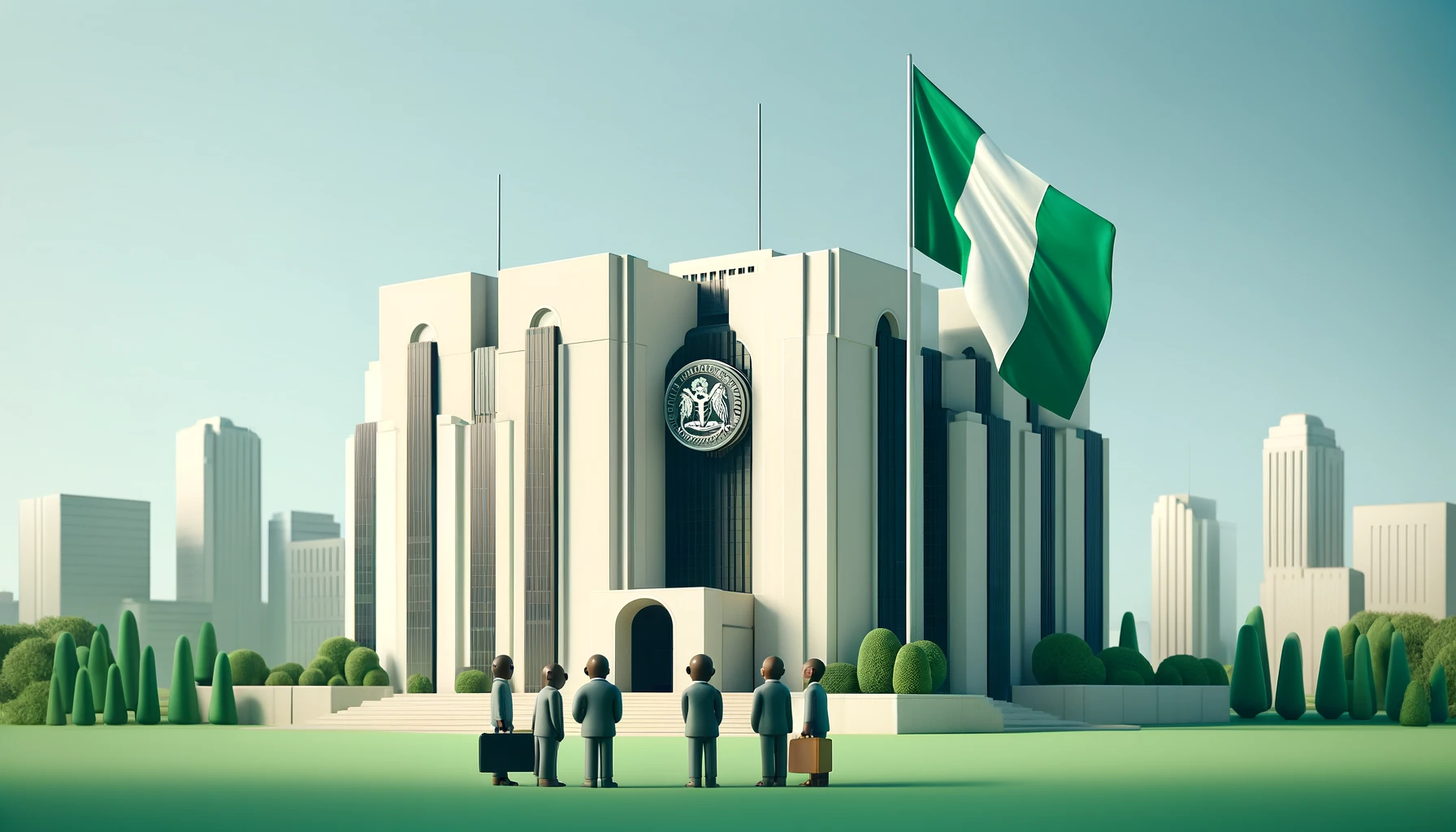Amid increasing economic challenges, Nigeria’s Central Bank is pushing to tighten monetary policies to combat the nation’s persistent inflation issues, according to Olayemi Cardoso, the bank’s current governor. As of now, with inflation peaking at 33.2%, the highest in 30 years, the financial stability of Africa’s largest economy hangs in balance.
Persistent High Rates to Combat Inflation
Olayemi Cardoso, who stepped into the role of Central Bank Governor last September, coming from a notable stint at Citigroup, has pledged to maintain high interest rates. The aim is clear: to curb the inflationary surge that has especially hit food prices, now soaring at 40%.
Such levels have not only strained the general populace, who spend a huge portion of their income on basic staples like rice but have also led to incidents like assaults on grain warehouses across Nigeria.
The Monetary Policy Committee, under Cardoso’s leadership, is set for a crucial meeting on May 20-21, with market watchers anticipating another massive rate hike.
Cardoso has been vocal about the necessity of these measures, stating that they will persist as needed to pull inflation down to manageable levels.
Orthodox Policies and Economic Reforms
The transition to more orthodox monetary policies is a big change from previous strategies under Cardoso’s predecessor, marred by scandal.
This change, while garnering support from international investors, hasn’t been universally welcomed at home. The high cost of credit remains a sore point for local businesses, despite the gradual return of foreign portfolio investors.
The broader context of these monetary tightening measures is President Bola Tinubu’s overarching strategy to revamp Nigeria’s economic framework.
Last year, steps were taken to reduce fuel subsidies and end the overvaluation of the naira against the dollar. These measures are part of efforts to address the severe cost of living crisis that Nigeria faces—the worst in a generation, as the government claims.
Despite these hardships, the International Monetary Fund has shown a supportive stance towards the Central Bank’s renewed commitment to price stability.
The IMF’s recent report highlights the critical nature of maintaining tight monetary control to strengthen Nigeria’s external reserves and manage inflation effectively.
Yet, the IMF also recognizes the daunting challenges ahead. With a projected growth rate barely outpacing population growth, and ongoing concerns about food security due to escalating food prices, Nigeria’s economic outlook remains precarious.
Additionally, the IMF anticipates adjustments to the Central Bank’s longstanding inflation target of 6-9%, a reflection of the harsh economic realities.
The IMF emphasizes the importance of a balanced approach to monetary policy and foreign exchange interventions.
This includes a phased removal of fuel subsidies, which could account for up to 3% of Nigeria’s GDP this year, and enhancing government efforts to boost revenue and expand social safety nets through programs like cash transfers.
Moreover, global rating agencies have recently improved Nigeria’s economic outlook from stable to positive, indicating a cautious optimism about the country’s reform efforts. These are aimed not just at stabilizing the economy but also at ensuring sustainable growth that significantly improves living standards for Nigerians.





